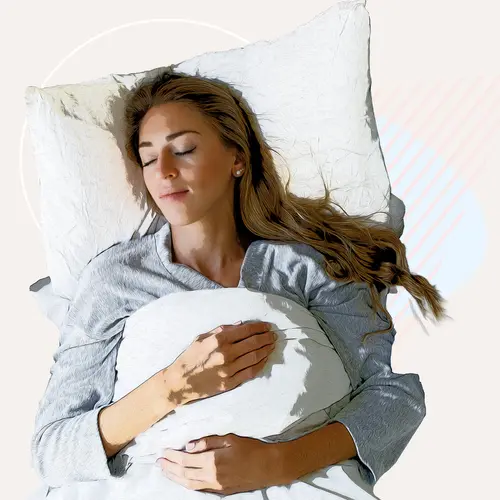You can have trouble sleeping when you’re healthy. But disturbed sleep may be an early sign of dementia. Symptoms may show up years before you get a diagnosis of Alzheimer’s disease, the most common kind of dementia.
Experts aren’t sure which comes first. Most likely, bad sleep and dementia affect each other.
Signs of Sleep Problems
Good sleep is important at any age. Experts think that when you sleep, your brain gets rid of things you don't need. When you don't get enough sleep, plaque-like substances build up. Sleep also helps you learn and store memories. And research shows you’re more likely to have problems doing those things if you have disturbed sleep.
Tell your doctor if you or a loved one:
- Have trouble falling asleep
- Nap during the day
- Wake up a lot at night
- Stop your sleep too early
- Get agitated in the evening (known as sundowning)
Sleep Disorders and Dementia
Some common sleep disorders have a tie to dementia.
Insomnia. When you don’t get enough sleep, parts of your brain change. Some of these areas are related to Alzheimer’s disease.
And research shows you’re more likely to be diagnosed with dementia if you have primary insomnia. That’s when your lack of sleep isn’t caused by something else, like depression or drug use.
Your chances of getting Alzheimer’s disease go up if you have primary insomnia and you haven't reached age 40.
Obstructed sleep apnea (OSA). You may have a higher chance of getting dementia if you have this. It’s when the muscles in your throat relax when you sleep. If you can’t breathe very well at night, your brain can’t get enough air. That’s called hypoxia. You’ll also have broken sleep if you wake up gasping for breath.
If you have these things, it could lead to:
- Problems staying focused
- Trouble making decisions
- Slower motor movements that can affect moves like picking things up and writing
- Getting dementia at an earlier-than-normal age
- More serious brain issues
- Other health conditions, like stroke, diabetes, and high blood pressure
Circadian rhythm problems. People with dementia may have a shift in their sleep-wake cycle. That means they’ll feel sleepy during the day and awake at night.
REM behavior disorder (RBD). Normally, your muscles are paralyzed during REM sleep. But with RBD, your muscles move. You may wake up when this happens. You’re more likely to have RBD if you have a disorder like Parkinson’s disease or dementia with Lewy bodies, the second most common form of dementia behind Alzheimer’s disease.
Sleep Time and Dementia
There appears to be a U-shaped curve when it comes to sleep length and cognitive decline. That means problems show up if you sleep too little or too much. But a lack of sleep is more likely to raise your chances of dementia.
Here’s what research says about sleep time and dementia:
Short sleep (less than 7 hours). Research shows that one night of serious sleep loss raises your levels of beta-amyloid and tau. Those are proteins linked to Alzheimer’s disease. Insomnia also disrupts your slow wave sleep, which plays a part in learning and memory.
Long sleep (more than 8 hours). It’s less clear why long sleep raises your chances of dementia. But your body may need more sleep to work well if you have another health condition, like sleep apnea or depression.
What to Do If You Have Trouble Sleeping
Talk to your doctor. They may find a different cause of your sleep problems, including:
- Restless legs syndrome
- Medication
- Mental health problems
- Sleep apnea
If you have dementia and can't get enough sleep, your doctor may try several things to help you get the rest you need. That includes:
- A regular sleep schedule
- More time in the sun
- Stopping use of caffeine, nicotine, or alcohol
- Treatment for pain
- Changing when you take your medicine
- Prescription drugs, if nothing else helps

